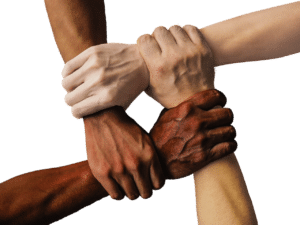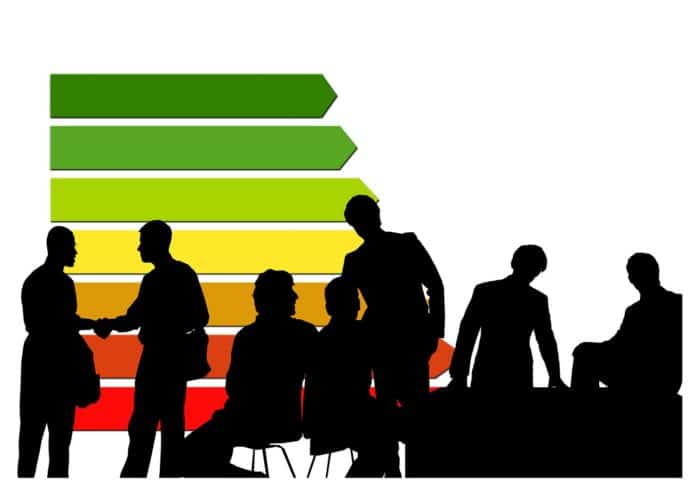Community Mediation, youth work and the non-formal education method through which they operate: all of this was brought together by the CoMedY Project – Community Mediation for Youth.
The main goal of this Capacity Building was to apply the practice of community mediation to the youth active participation. The idea arose from the fact that the community mediation method had never been used before, while it perfectly fits the youth work within the Capacity Building projects.

Community Mediation consists in the prevention and management of conflicts through the involvement of local communities in the decision making process. The CoMedY Project allowed then the participants to go see how the different local communities worked in the countries that were part of the project – Italy, Portugal, and Spain for Europe; Argentina, Mexico, and Peru for Latin-America. The Community Mediation can in fact provide new tools for a better linkage between the local communities and the development of new policies.
As it’s written on the CoMedY website, Community mediation is defined as: “The practice connecting community members, within the community and with the community’s means. In Community Mediation, the civil society – made up of individuals, families, associations, NGOs, and entreprises – gets involved in an attempt to self-manage its own conflicts. Its aim is to acknowledge the skills communities possess, not only to trigger a sense of responsibility, but also to manage existing differences before these may lead to violent conflicts” (Bonafé-Schmitt e Dahan, 1999, in Domínguez and Conforti, 2016).
All of this implies then a reconnection with the territory, enabling the parts to be aware of the needs of the actors involved: by doing so, it leads to a more pacific way of conflict-solving. There’s always a mediator, whose task is to find the links and common points between the parts. His role is to enhance the communication, in order to make it possible to live in a multi-cultural contest. This latter is precisely the field of youth active participation within the Capacity Building activities. Non-formal education plays also a role here, as a fundamental part of the learning process – as well as turning it into a best practice.
The project was designed and coordinated by the association P.E.CO. – Progetti Europei di Cooperazione, with the support of AssMedCom – Associazione di Mediazione Comunitaria for logistics and methods and took place between March 2016 and February 2018.




